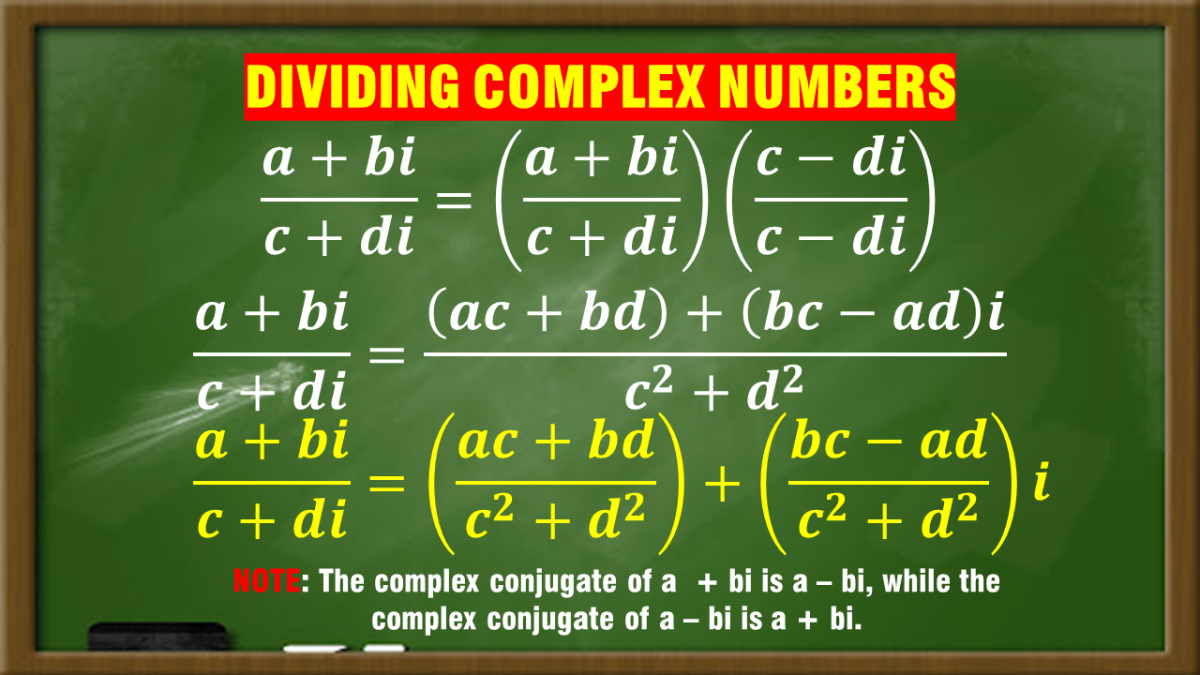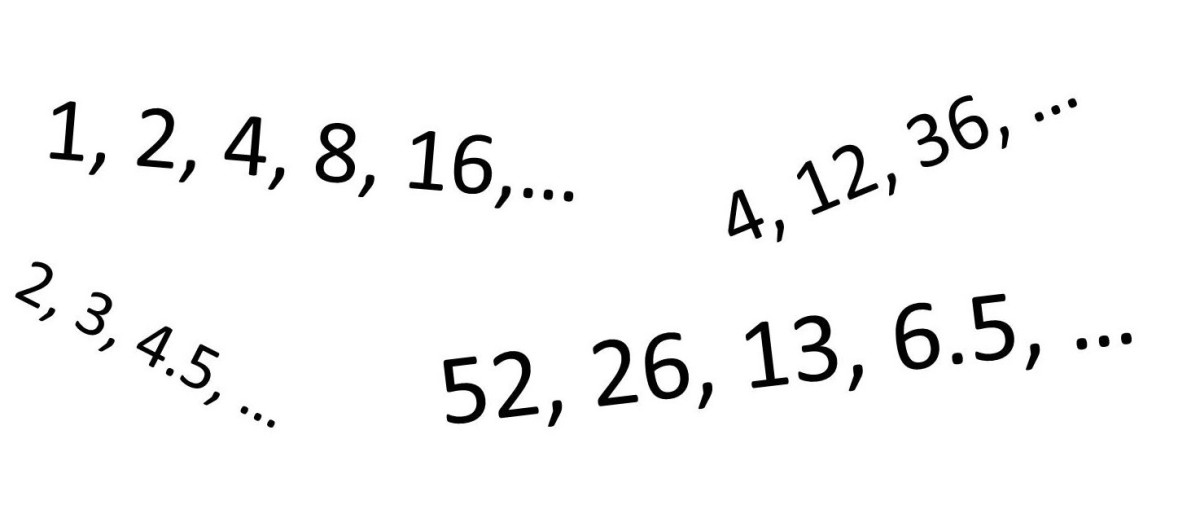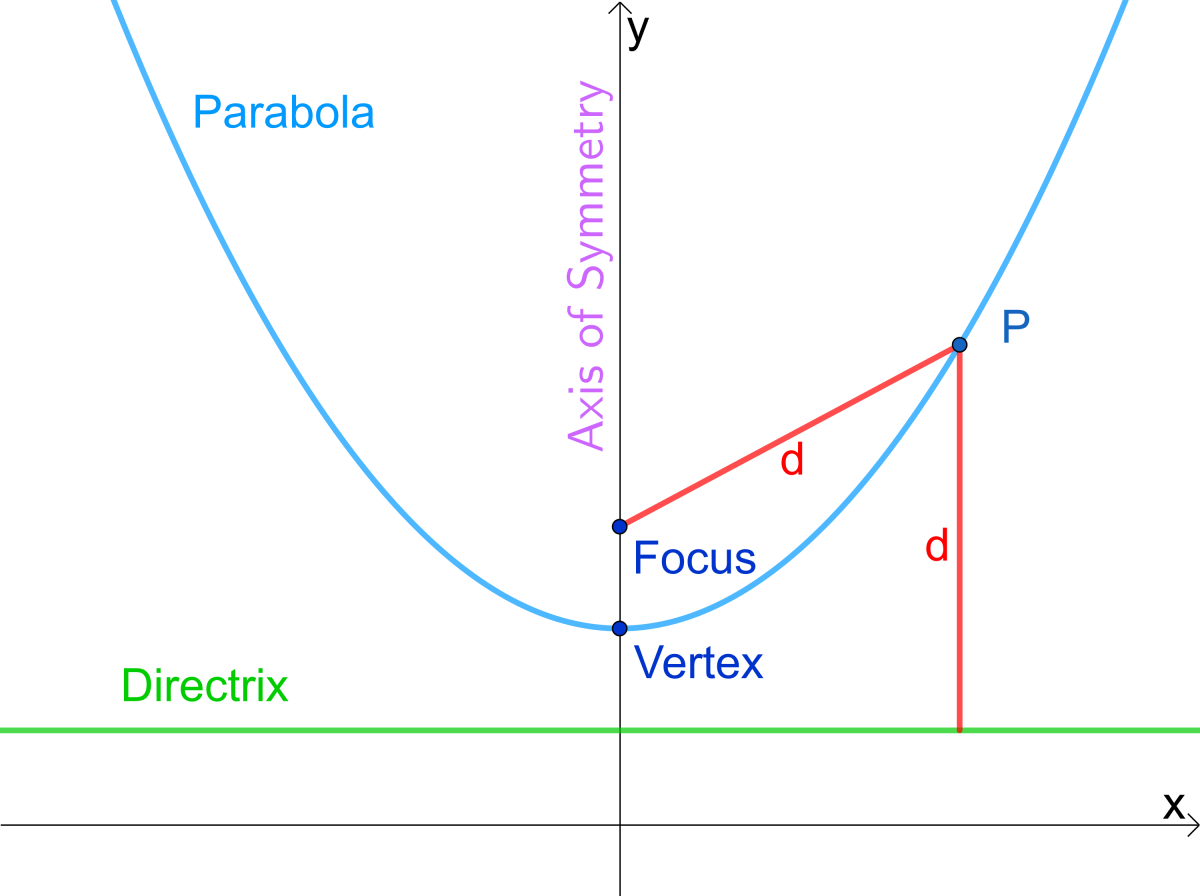Calculating factorials: A quick guide to work out the factorial of a number in math (eg 3!)
To work out a factorial of a number (n) all you need to do is multiply n by all the integers small than it until you get down to 1:
n! = n(n-1)(n-2)...1
Example 1
Work out 3!
So start with 3 and multiply this by all the integers smaller than 3 until you reach 1:
3 × 2 × 1 = 6
Example 2
Work out 7!
So start with 7 and multiply this by all the integers smaller than 7 until you reach 1:
7 × 6 × 5 × 4 × 3 × 2 × 1 = 5040
Example 3
Work out 4!
Again, start with 4, and multiply 4 b all the integers smaller than 4
4 × 3 × 2 × 1 = 24
Example 4
Work out the difference between 4! And 6!
6! = 6 × 5 × 4 × 3 × 2 × 1 = 720
4! = 4 × 3 × 2 × 1 = 24
All you need to do now is subtract the 24 from the 720:
720 – 24 = 696
So the difference between 4! And 6! Is 696
Example 5
Work out 8! ÷ 6!
8! means 8 × 7 × 6 × 5 × 4 × 3 × 2 × 1
6! means 6 × 5 × 4 × 3 × 2 × 1
Now there is a quick way to work out the answer without working out the factorials of each number separately:
8! ÷ 6!
= (8 × 7 × 6 × 5 × 4 × 3 × 2 × 1) ÷ (6 × 5 × 4 × 3 × 2 × 1)
Now since you are carrying out a division, then the 1, 2, 3, 4, 5 and 6 can be cancelled out on the numerator and denominator, which leaves you with 8 × 7 = 56
So 8! ÷ 6! = 56.
Make sure you read some of my other math hubs here on hubpages:
How to write down all the integers that satisfy an inequality between two numbers.
Adding (or taking) two fractions together. Step by step fraction guide.
Working out percentages of amounts using a calculator method.









